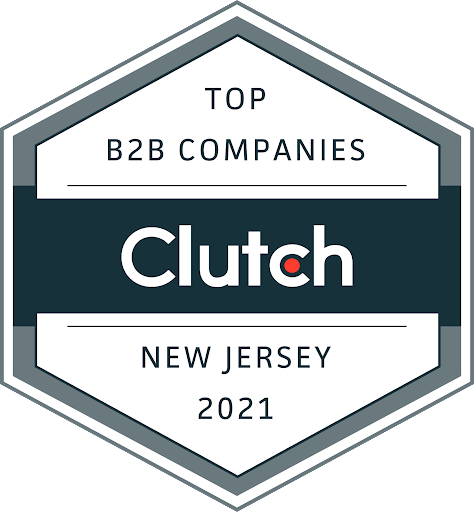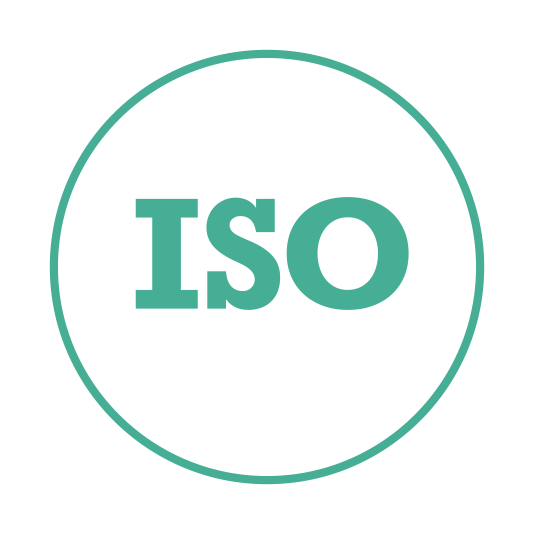Fostering Diversity and Inclusion Through Impactful Communication Strategies
![]()
Written by: Nicole Hunt
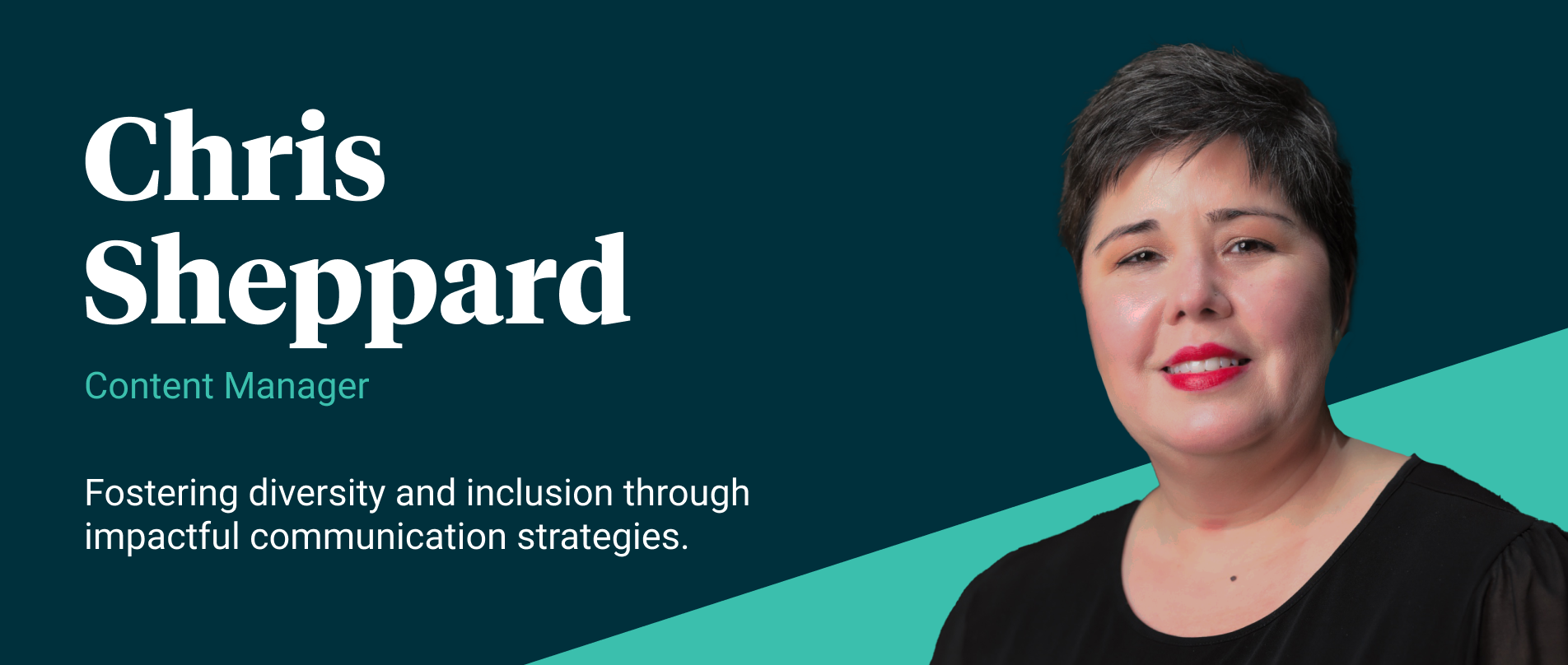
Today, we’re continuing our “Teammate Spotlight” series with Chris Sheppard, Content Manager at Urban Emu. From managing translation projects to shaping social media strategies, Chris works diligently to break down barriers and foster inclusivity in government communications.
Q. Chris, thanks for spending some time with me today for this interview. To get started, what is your primary role at Urban Emu?
A. My official title is Content Manager, but I do more than wrangle words into submission. Currently, I’m working a lot with our social media team, helping to develop our social posts and coming up with what I hope are fun and engaging ideas for our U.S. Department of Agriculture MyPlate client. I also work with our business development team to help write Federal and private sector new business proposals. Much of our work spans diverse audiences, so I’m always working with an eye toward voice and tone, ensuring that we’re not leaving out historically underserved, racially (and otherwise) minoritized populations. As a Latina, I know first-hand how important it is to use language and cite resources that aren’t tailored for predominately white audiences.
Q. You’ve worked extensively in cultural adaptations and translation for government organizations, namely with the National Institute on Minority Health and Health Disparities (NIMHD) and the USDA. Can you tell me about one or two standout projects?
A. We’re doing some really fun and creative work for our USDA client, with an end goal of making healthy eating more accessible to everyone while also incorporating diverse cultural foods and traditions. I’ve participated in several photoshoots where we shot more than 50 dishes, spanning more than 20 countries and cultures. Arepas were one of the recipes we featured, and as a Colombian-American, to see MY foods as the “stars” of a photo shoot wasn’t something I’d ever dreamed of. If my Abuelita could have seen what we were doing, she would have been so proud to see her food being spotlighted in such a way. And then she would have taken over in the kitchen to feed everyone a little snack!
Another standout project I’m currently working on requires getting content not just translated into multiple languages but also having the cultural experts we worked with in the photoshoot review the source language to ensure it resonates with the populations and cultures we’re trying to serve before we translate. Languages have such nuances that a straight word-to-word translation might not accurately capture.
Q. You’re extremely passionate about DEI initiatives – especially in government agencies. Why is this work so important to you?
A. For me, DEI is what we should all be doing, full stop, whether it’s Federal or private sector work. The Government serves “we, the people.” And we are not a monolith. We are diverse in race, ethnicity, culture, gender expression, sexual orientation, and more.
I’ve always been one of the few (if only) Latinas at my schools and then in my jobs. That feeling of being “only” is a constant in my life, along with the privilege that I am afforded by being half-white and possessing a traditionally white last name. I always feel like I have a foot in two different worlds but no real solid footing in either. Being proud of my Colombian heritage also meant enduring the stereotypical and outdated jokes that were made at my heritage’s expense and not seeing myself in the workplace. I’ve had only one person of color as a manager in my entire professional career.
At my former job, I worked closely with the National Institutes of Health’s Office of Communications and Public Liaison (OCPL) and their Spanish Portal. I managed the monthly translations and website content updates—content aimed at consumers, not researchers and scientists. My Abuelita died of cancer, and when she was diagnosed, we didn’t have any information in Spanish for her. We had to translate everything the doctor told us, and having that barrier made a difficult situation even more burdensome. So, as I worked on translating that content every month, I thought that out there, someone’s Abuelita needed easy-to-understand health information and that, in some small way, maybe I was helping them in a way I wish we had been helped.
Q. In your role at NIMHD, you reviewed all of the social media content to make sure it was culturally appropriate and sensitive. Where do you think most agencies fall short in reaching their target audiences on social media? And how do you approach defining and reaching diverse audiences in your work?
A. We all have unconscious biases we’re working with in life. I think sometimes, when folks are drafting content, regardless of whether it’s for federal or private sector work, they may not take into account all the needs of their audience. Something that might read as fine to one person may not read the same to someone of a different socioeconomic or cultural background of the writer. As an example, if you want to talk about getting more active, and you say something like “ride your bike” or “shoot some hoops in your neighborhood basketball court,” it could signal to people without a bike or access to a basketball court that the message isn’t meant for them.
The onus is on us to make sure messaging is accessible to all, especially when you’re working with health communications. There are already barriers for many when it comes to health and nutrition; you don’t want your social posts to present another barrier.
Q. What are your biggest strengths that lend themselves to the work you do for our clients?
A. I once had a colleague call me “The Fixer.” They meant it as a joke, but the truth was I would get pulled into projects when things needed fixing. And I really liked doing that because it meant I got to work on things I might not usually touch. It was a great way to learn new skills, but also an opportunity to speak up and point things out. I take “see something, say something” seriously. It works for suspicious packages AND inauspicious wording.
I also am a big advocate for lifting up my colleagues and helping them showcase their skills. I point out when they’ve said something that was insightful or done a great job. We all have imposter syndrome at times, even folks who seem put together. Sometimes, people need a sounding board or a little, “Heck yeah, you got this!” I’ve had folks who did that for me over the years, so I try to make sure to do that for others.
I’m most excited about the recognition that user experience matters. I love digging into a project and putting myself in the user’s shoes to think through their experience as they navigate a website. It’s like method acting for strategists. Most of the websites I’ve worked on have been oriented toward health or social services. In other words, they exist to help people. And it makes my work so rewarding to focus on the user and how we can create something that will tangibly improve their lives.
Q. What is your favorite or most rewarding part of the work you do at Urban Emu?
A. It sounds so cliché, but really, the people I work with are the best part. We really enjoy working together, and our brainstorming leads to some really great collaborations and creative work. I’m not a designer by any means, but I love talking through a half-baked design idea for a social post, and the designers and creative directors can understand what I’m trying to say. We’re constantly sharing things we’ve seen outside of work that can serve as inspiration for our projects. We work hard, but we also know when to have fun with an idea. We have really amazingly talented folks here, and I’m very lucky to be at a company that truly values the work its employees do.
We’re so grateful to have Chris on our team to help shape and strategize our content creation process. Stay tuned for more teammate spotlights.
Contact Us
Urban Emu is an experience agency proudly driven by a singular mission: to transform the way humans live. We achieve this through a powerful fusion of design, technology, and communications, creating unparalleled online and offline experiences.
We love to hear about ideas big or small. Please don’t hesitate to get in touch with us regarding your project.
Email: hello@urbanemu.com





